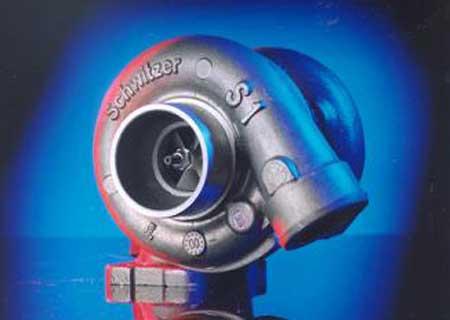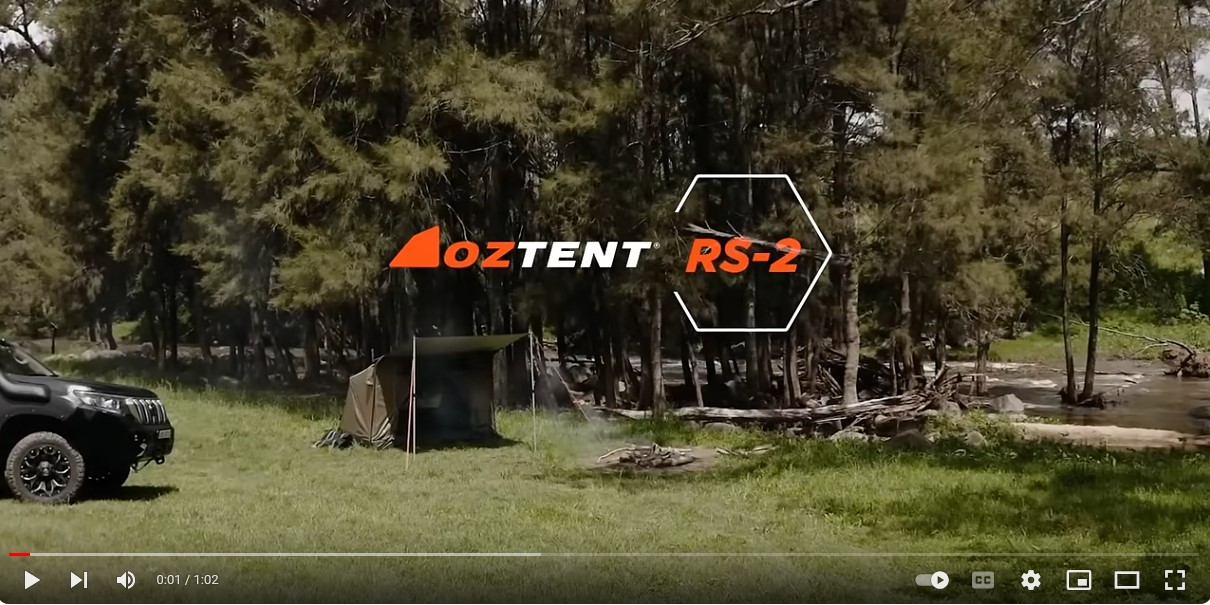|
Don’t be embarrassed, we understand completely, after all, who doesn’t want more power? The desire for more power is completely natural, it is a kind of deeply ingrained need that lurks in the dark recesses of the mind of everyone who appreciates the beauty of the internal combustion engine. More power; we crave it, we need it. But how do we justify it? Well, as I said before, you have no need to justify it to us; we already understand. But justifying it to the Keeper of the Funds is another story. Whether it be the Bank Manager of the Significant Other, justification will probably be necessary, unless you are lucky enough to have one or both who understand the primal need for more power. Safety is usually the easiest path to justification – enough power to keep up with the flow, enough power to get out of/keep out of trouble (which is ironically usually the EXACT SAME amount of power that can get you into trouble in the first place…) or enough power to overtake safely. All perfectly reasonable justifications. “The Old Engine Is Getting Tired” is another great justification that qualifies on a number of levels. Firstly, it qualifies under the “Caring For The Planet” justification by cleaning up a smoky old engine. Secondly, it also comes in under the previously mentioned “Safety” justification through judicious use of the “I would hate it to let go at an unfortunate moment” excuse. Thirdly, and possibly the most powerful justification is the “It will stop dropping oil on your driveway” promise. However you choose to justify it, there are numerous ways to increase the power of your engine. While in the Good Old Days engines were built with plenty of wriggle room when it came to squeezing out more power, but the same isn’t necessarily true of the modern internal combustion engine. The need for improved fuel consumption demanded by both the consumer and the global rule makers has seen manufacturers squeeze every last inch of efficiency out of their current products, leaving very little room for the backyard expert to crank up the output with just a partially complete socket set, a pair of pliers and a very big hammer. It’s still do-able with the modern engine, but it just requires a more high-tech approach. Whether you are endeavouring to squeeze more power out of a lazy old big block V8 or the latest common rail turbo diesel, what you really need to achieve is more torque. And the lower in the rev range the better. As I am sure we all know, engines don’t create power; they convert fuel into torque. Torque is that wonderfully twisty stuff that is transmitted through the drivetrain and into the wheels to provide forward momentum for your vehicle. It is the stuff that gets you out of (and, let’s face it, into) trouble… Put simply, torque is the stuff that gets you up and running, power is the stuff that keeps you moving. And a happy by-product of more torque is, not at all coincidentally, more power. An engine is most efficient when operating at its torque peak, wherever that happens to occur. Below the torque peak, engines generally have more than enough time to fill the cylinders; above the torque peak, they don’t have enough time to completely fill the cylinders. This is considered beneficial in that it lets the engine produce most of the desirable grunt work (ie: torque) at lower engine speeds, which means reduced wear-and-tear and better fuel economy. So where to start? Well, the first and probably easiest place to look for more power comes from improving the engine’s efficiency. If an engine breathes easier – both in and out – it will perform better. Simple really. The simple and basic concept of keeping the engine well tuned and in good running condition is the obvious starting point, but beyond that doing a bit of research on your engine is the best place to begin. Every engine has bottlenecks somewhere and a bit of investigation will quickly reveal where to start looking for yours, whether it be a quiet bit of Googling on the old interweb or simply asking around until you find someone who knows about these things. |
Fuel and oil additives are a simple way to clean the internals of you engine and help keep it running well. While these won’t help to improve a worn engine, additives can offer better protection under extreme conditions and keeping the fuel system clean will always offer advantages. Maybe not the massive advantages some products claim though… Electronic modifications, or “chipping” is another seemingly simple option, but this can be fraught with pitfalls. Again, research is recommended before simply slapping in a chip or module that claims massive power advantages and buying from a reputable company is the safest idea, as there are many stories floating around of disasters caused by poorly developed aftermarket electronics. A properly developed one, however, can offer impressive gains with minimal effort. Then we move on to the bigger, excitingly more expensive ways of getting more power – turbo and supercharging and engine swaps. Many production engines, especially diesel engines, are capable of being fitted with aftermarket turbo or supercharger kits. As with aftermarket electronics, a lot of research and choosing a reputable brand is the way to go and a set-up tailored to your particular model is clearly the most sensible path to what can be truly impressive power gains. Of course, the easiest way to guarantee tangible power gains is to simply throw a bigger engine into your 4WD, but as we all know, this requires a fair bit of time and a lot of money. As with everything in life, there is no free lunch and the basic rule of thumb is: the more power you want, the more money you are going to have to spend. Beware of anything that offers massive gains for minimal outlay, and as we have said previously, asking questions of people who know what they are talking about is the best way to go. Join us now as we take a look at some of the options available on the market for seeking out that precious power. As always, the following information has been supplied by the companies and no claims of increased power or other advantages have been verified by NZ4WD magazine. |
So you want more power from your 4WD?
Monday, 05 March 2012




